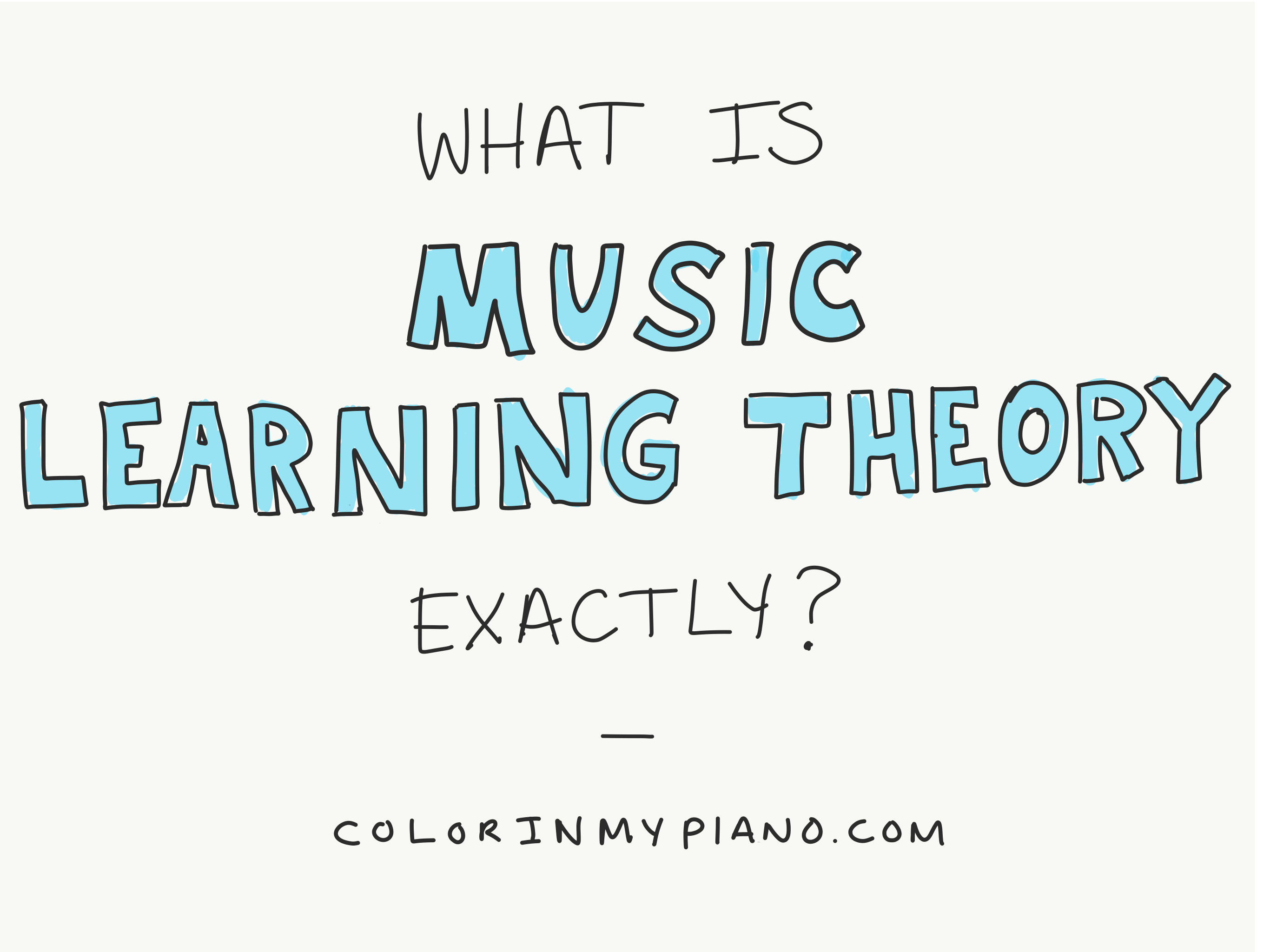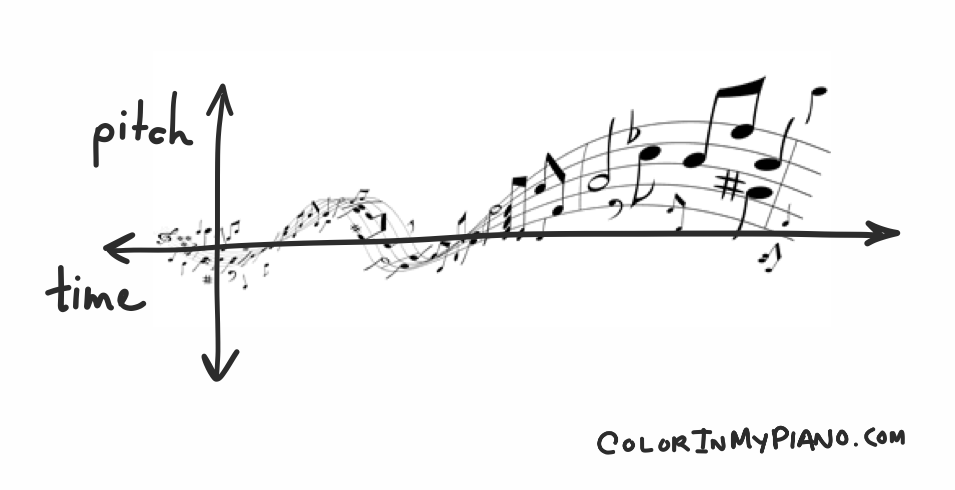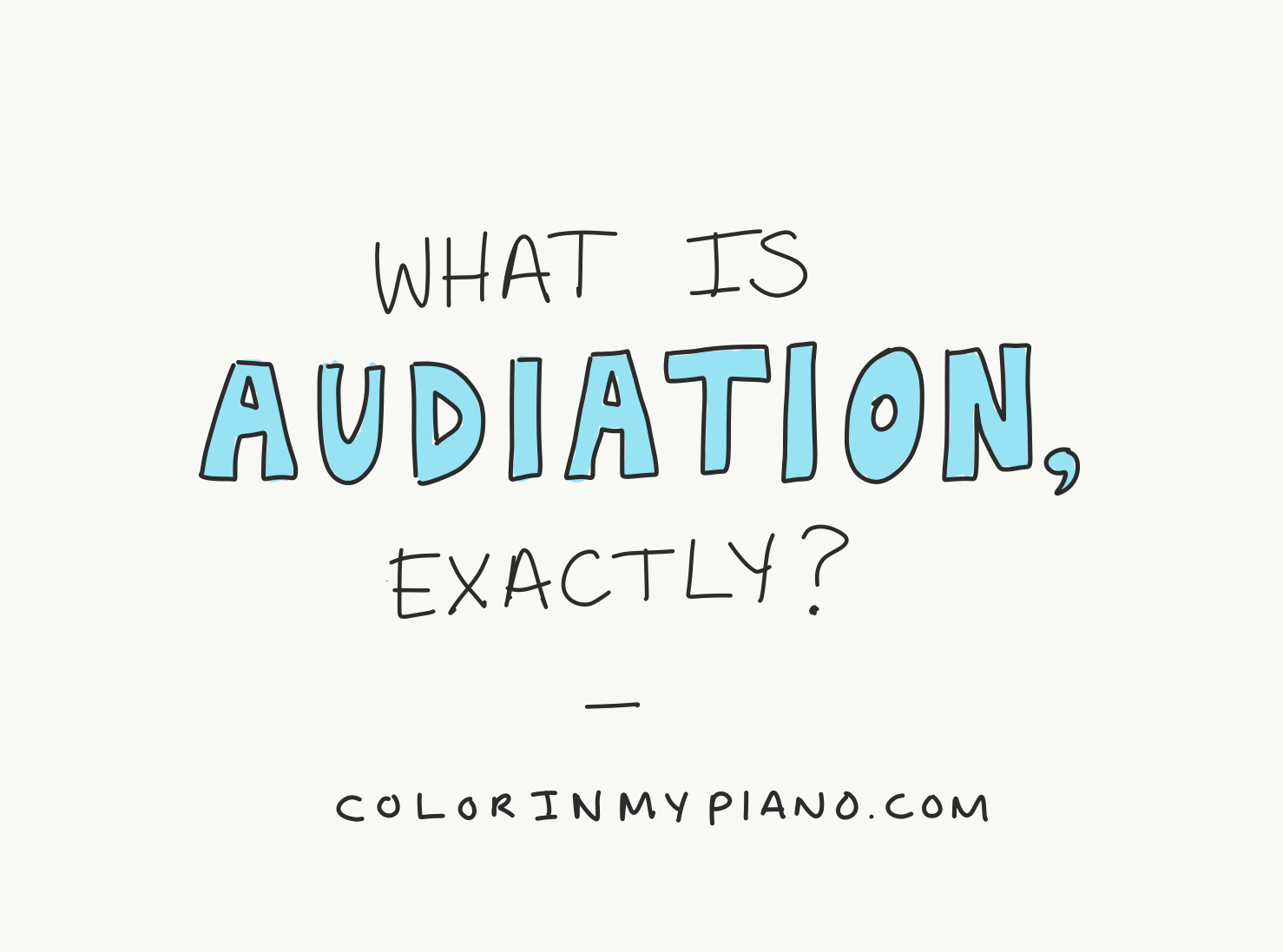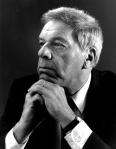 Over the past few of years, I’ve been reading my way through a handful of the dozens of books written by Dr. Edwin E. Gordon (1927-2015), thinker extraordinaire in the realm of music learning theory. Although I found his writing style requires some getting-used-to — due partly to the necessity of learning the terminology he uses — I have found it extremely worthwhile to do so as I strive to incorporate aspects of his Music Learning Theory (MLT) into my practice as a piano teacher.
Over the past few of years, I’ve been reading my way through a handful of the dozens of books written by Dr. Edwin E. Gordon (1927-2015), thinker extraordinaire in the realm of music learning theory. Although I found his writing style requires some getting-used-to — due partly to the necessity of learning the terminology he uses — I have found it extremely worthwhile to do so as I strive to incorporate aspects of his Music Learning Theory (MLT) into my practice as a piano teacher.
In this article, I’d like to present a list of the Gordon books I’ve read so far, accompanied by brief descriptions what each book addresses. My hope is that this article will provide useful recommendations for those interested in Gordon’s MLT and wondering which of his book(s) to read first. For this reason, the books are listed in order by how highly I would recommend them to someone new to Gordon’s writings. Each review below includes a link to where the book can be purchased from GIA Publications or Amazon. As I read more of Gordon’s books, I plan to add more descriptions to this list.
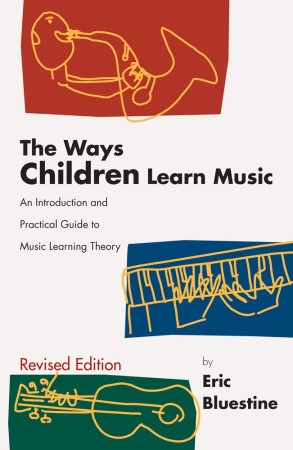
Before I begin, I’d like to preface by saying that there is a book about MLT that was not authored by Gordon that I would recommend reading before reading Gordon’s books. That book is Eric Bluestine’s The Ways Children Learn Music (GIA Publications | Amazon). Bluestine’s book offers an excellent, friendly primer of the premises of MLT and the shortcomings of conventional music education. I consider it a must-read for any music teacher. Read my full review of Eric’s book here.
Now, let’s get on to discussing Gordon’s books!
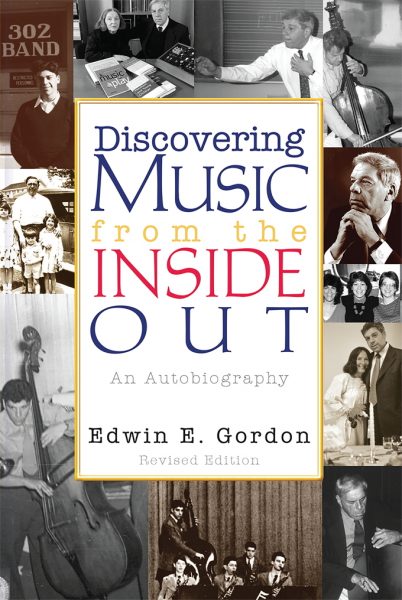 Discovering Music from the Inside Out: An Autobiography – Revised edition, by Edwin E. Gordon
Discovering Music from the Inside Out: An Autobiography – Revised edition, by Edwin E. Gordon
Published in 2006 and revised in 2014, Gordon’s autobiography is a wonderful read. It tells the story of his early life growing up as a boy, his careers as a working musician (including playing bass for the Gene Krupa Band), and his work as a professor and researcher. The book sheds light on the circumstances that prompted Gordon to examine the way music is conventionally taught, the nature of music aptitude, and how we learn music.
This book was fun to read, and I consider it a great starting point for anyone even mildly interested in Gordon’s Music Learning Theory. Bottom line: If you are interested in music education and you enjoy autobiographies, I would recommend this book to you.
Links: GIA Publications | Amazon Continue reading “Recommended Reading From Edwin E. Gordon’s Books on Music Learning Theory (MLT)” →
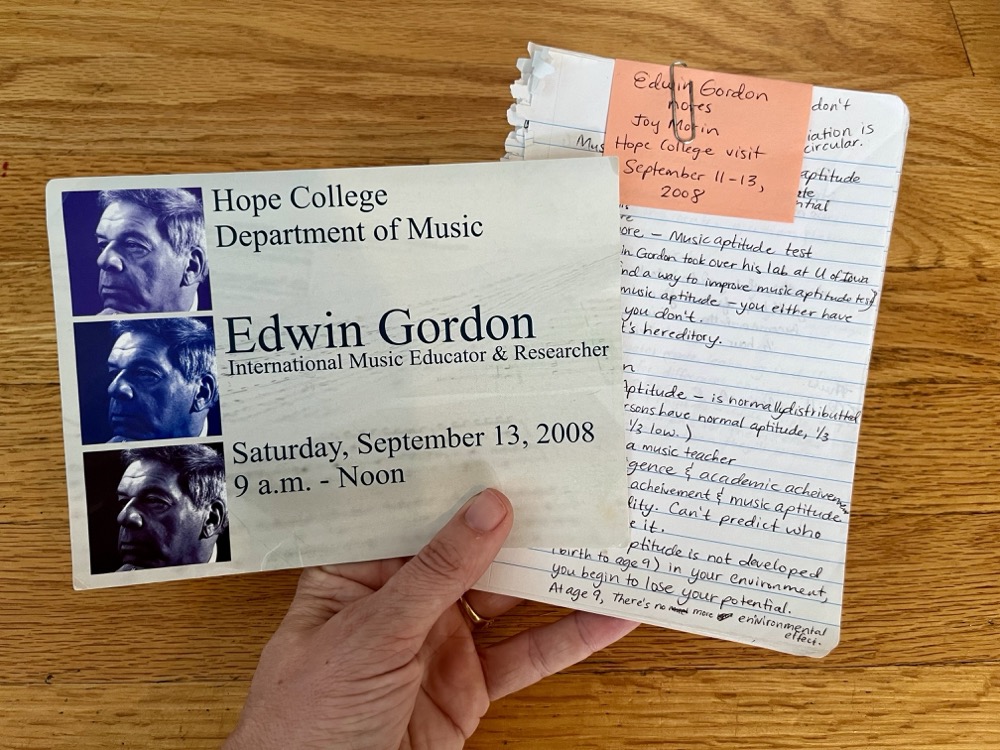


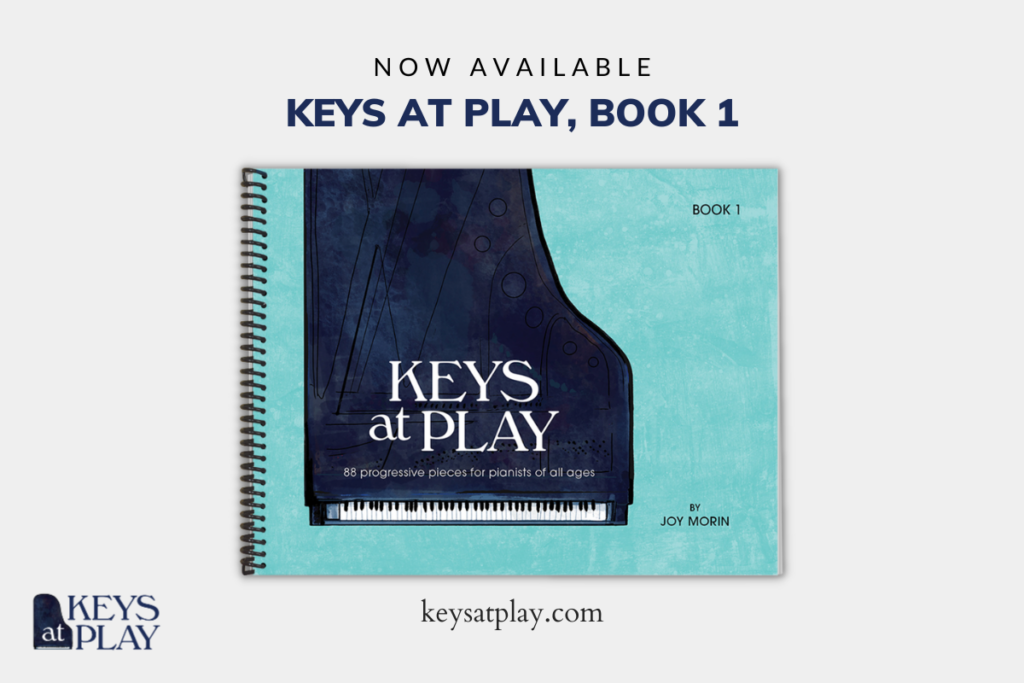
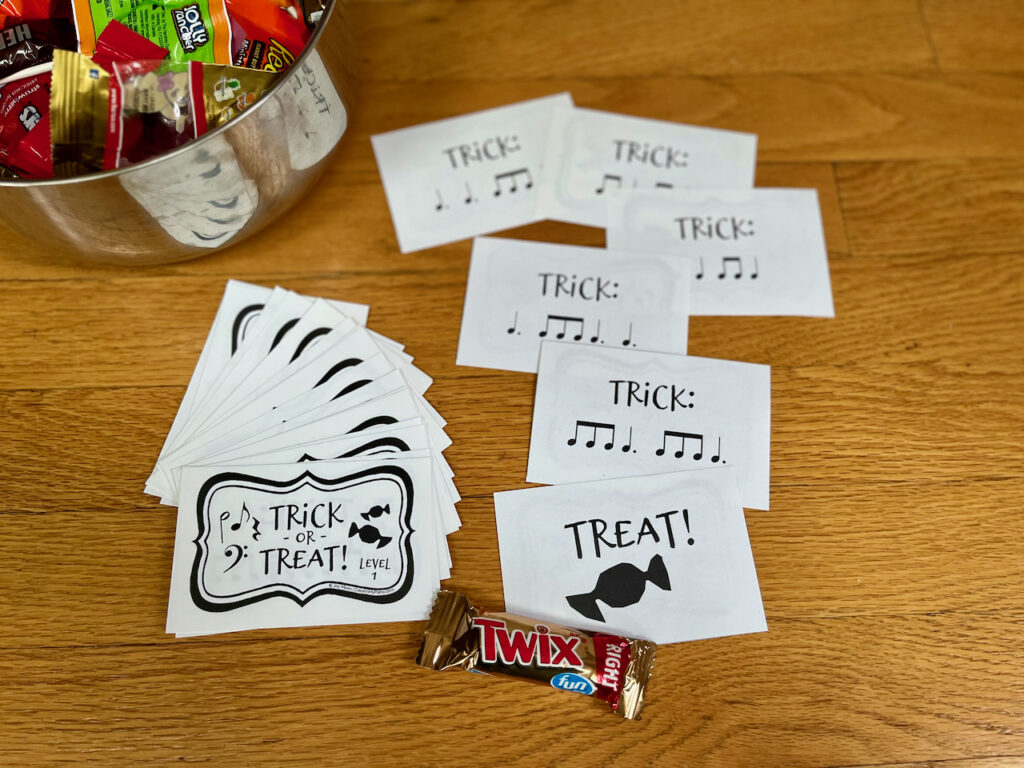
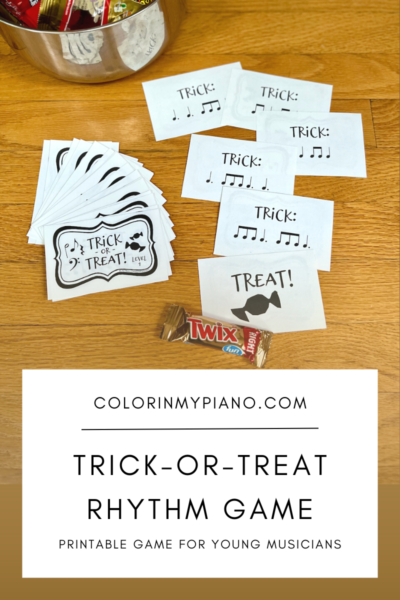
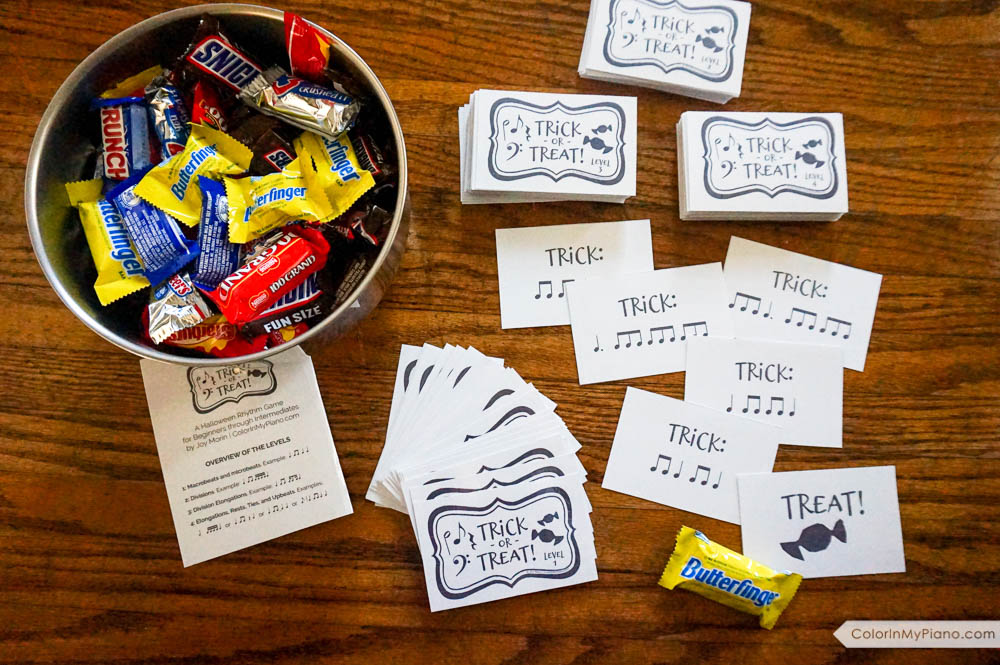
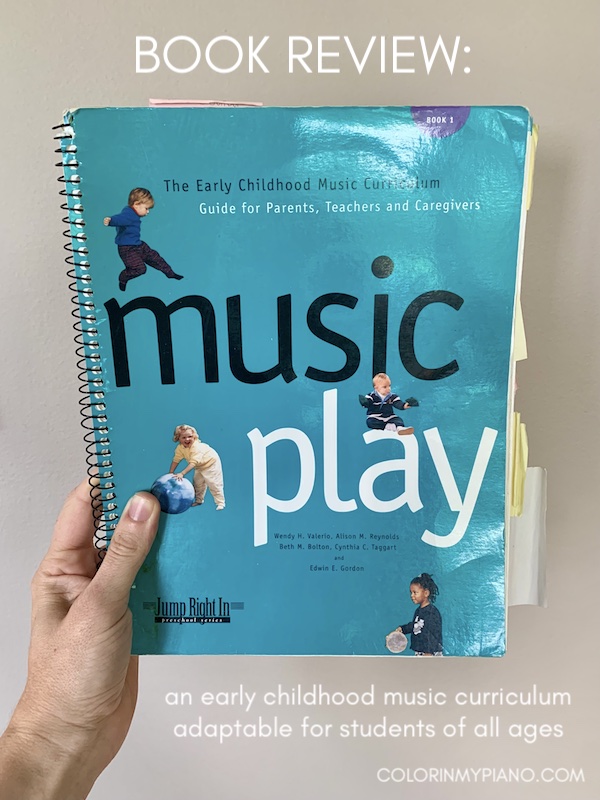
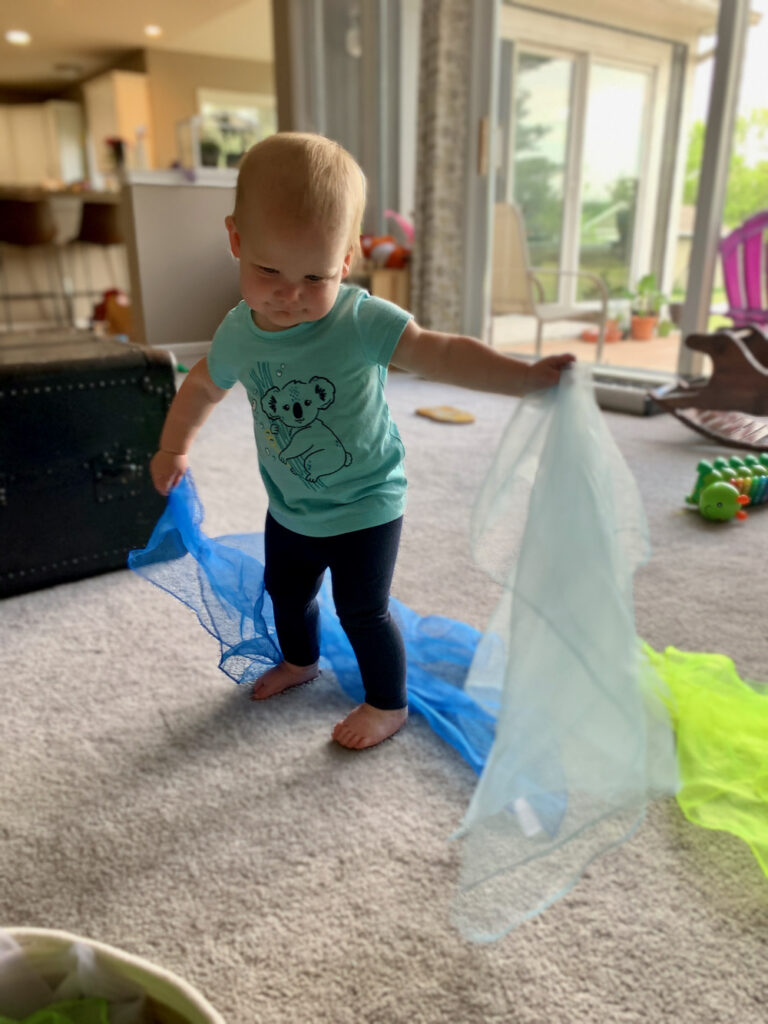
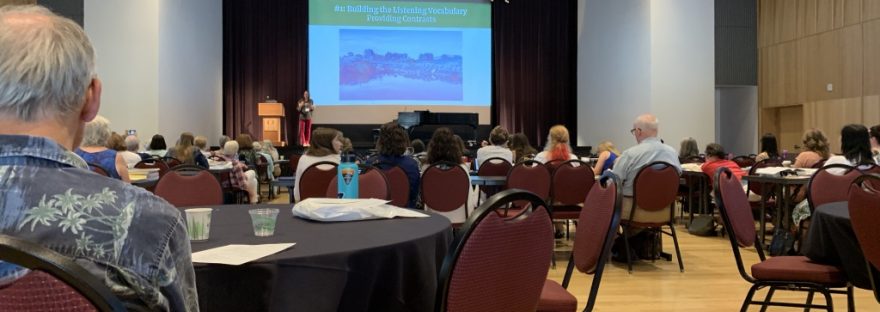


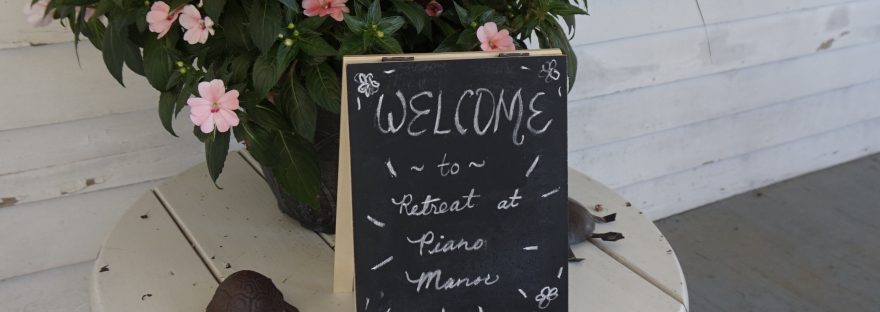


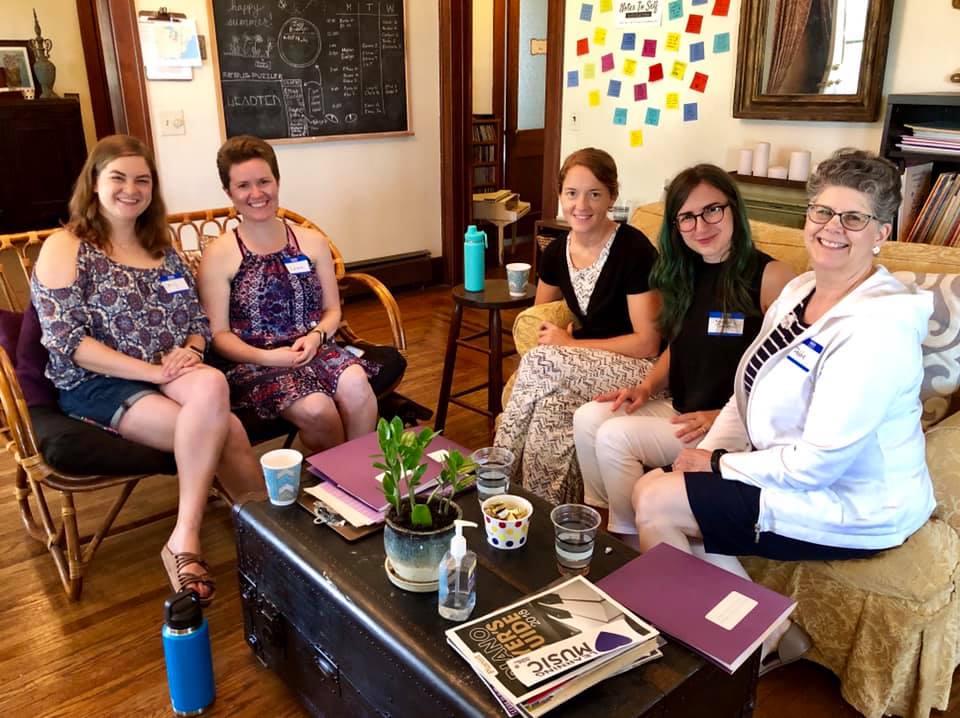

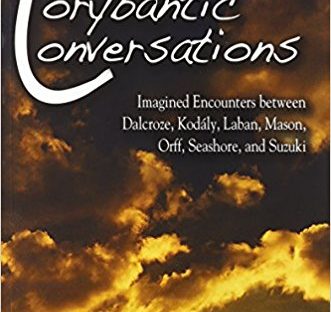
 Over the past few of years, I’ve been reading my way through a handful of the dozens of books written by Dr. Edwin E. Gordon (1927-2015), thinker extraordinaire in the realm of
Over the past few of years, I’ve been reading my way through a handful of the dozens of books written by Dr. Edwin E. Gordon (1927-2015), thinker extraordinaire in the realm of 
 Discovering Music from the Inside Out: An Autobiography – Revised edition, by Edwin E. Gordon
Discovering Music from the Inside Out: An Autobiography – Revised edition, by Edwin E. Gordon